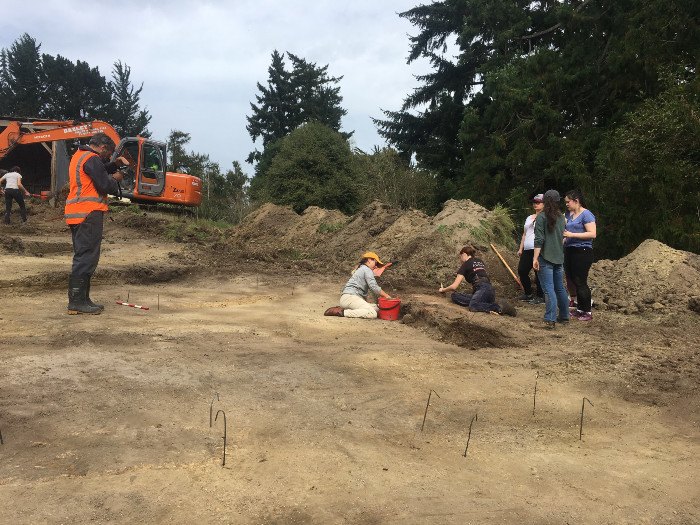Research identifies new cultural threads in goldfield early settlers
Rowan Schindler
13 April 2021, 6:00 PM
 Goldfield research in surrounding districts point to exciting future Central Otago excavations and analysis.
Goldfield research in surrounding districts point to exciting future Central Otago excavations and analysis. University of Otago research analysing skeletal remains has found evidence of a range of ethnicities present on the Goldfields of Otago, proving some assumptions of the cultural make-up of early settler New Zealand to be inaccurate.
“When we talk about colonial New Zealand we often just think about the British colonists, which cuts out a lot of the cultural diversity present in nineteenth century New Zealand,” says lead author Dr Charlotte King, of Otago’s Department of Anatomy.
“Our research set out to look at where the people of colonial Otago came from, using direct evidence from skeletons themselves.
“Our study showed the extraordinary diversity of people living in the goldfields in the late 1800s, the melting pot of cultures present on the Lawrence goldfields (and others nearby) likely paved the way for the diversity we see in modern NZ society.
“It’s really amazing to be able to trace the origins of that way back to this period!”
The three-year study, part of the larger Marsden-Funded Southern Cemeteries Archaeological Project, examined skeletal remains from both the pastoral settlement of colonial Milton, and the European and Chinese populations on the goldfields in Lawrence.
All these people were buried in ‘lost’, unknown and unmarked graves, uncovered during excavations associated with the project.
In this kind of context, biological evidence has the potential to reveal more information about these ‘lost’ individuals, than is available in often vague and generalised historic records.

Analysis of excavation sites has the potential to reveal more information about ‘lost’ individuals as well as ‘lost’ history.
The study is yet to analyse the excavation of Central Otago’s Drybread site, by Charlotte says these initial findings of nearby sites mean there is eager excitement looking ahead.
“The work is linked to our more recent excavations at Drybread (near Omakau), but I haven’t actually analysed those individuals yet, so they’re not included in the recently published study.


